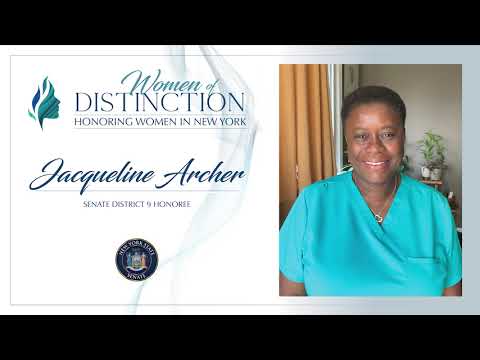NYS lawmakers vote to limit 1,4-dioxane in household products
A bill to limit 1,4-dioxane in household products like detergents and shampoos is heading to Gov. Andrew M. Cuomo's desk, with backers saying it would protect groundwater but industry representatives saying popular brands will be taken off store shelves.
The bill, passed by state lawmakers in the final days of the session last week, would limit 1,4-dioxane in household products effective at the end of 2022. The chemical has been found at trace levels across Long Island drinking water wells. A federally mandated survey for emerging contaminants found the man-made chemical is more prevalent in Long Island’s water than anywhere else in the state and far exceeds the national average.
A Cuomo spokesman said the bill is being reviewed.
Higher levels of 1,4-dioxane have been found near former industrial sites, where the chemical was used in solvents. But it has also been detected in common household products like shampoos, detergents, and body washes, where it's a byproduct of the manufacturing process.
Tests conducted by Citizens Campaign for the Environment, a Farmingdale-based advocacy bill that lobbied for the legislation, found 65 of 80 products tested contained 1,4-dioxane, designated by the Environmental Protection Agency as a likely carcinogen. The products with the highest levels included Victoria Secret’s shower gels, Tide Original laundry detergent and Dreft Stage 1/Newborn baby laundry detergent.
Long Island water providers have said water rates could as much as double to treat 1,4-dioxane, in part because the chemical is difficult to remove. The state is expected to set a drinking water standard for 1,4-dioxane in the coming weeks.
"This is something we need to stop for two reasons: protect the public health and the public pocketbook," Assemblyman Steve Englebright (D-Setauket) said Sunday. He sponsored the legislation in the Assembly, while Sen. Todd Kaminsky (D-Long Beach) sponsored the bill in the Senate.
"The realization that what we put down the drain today can impact our communities tomorrow has underscored a call for action," Kaminsky said.
Manufacturing groups urged Cuomo to veto the legislation.
“The level of 1,4 dioxane in products is already so low that in some cases it is not technologically feasible to lower it further. In effect, this bill would ban common household products like laundry detergent and dish soap in New York state. Prices could skyrocket, and most importantly, this bill will have no measurable impact on groundwater, and be of no help to Long Island’s residents," said Steve Caldeira, president and CEO of the Household and Commercial Products Association, in a statement.
A spokeswoman for the group said she could not comment about specific products that might be pulled from store shelves
The American Cleaning Institute general counsel and senior vice president, Douglas Troutman, said in a statement, “The New York legislation is misguided and will not have the effect on reducing 1,4-dioxane levels in areas with contaminated groundwater. It is possible that common, effective products — used safely by millions of New Yorkers every single day that are vital to health and hygiene in homes, hospitals, restaurants, day care centers and thousands of commercial and industrial offices — could be banned."
Bill authors said they expected manufacturers to reformulate their products to remove 1,4-dioxane below the standard of 1 part per million.
Adrienne Esposito, executive director for Citizens Campaign for the Environment, said the bill that passed the Assembly on Thursday night was heavily lobbied against by manufacturers in the final days of the session.
"I think the industry will find a way to reformulate their products and keep our clothes clean, without polluting our water. That’s their job. Welcome to the new millennia," she said.
